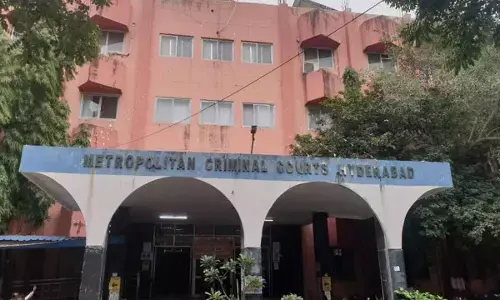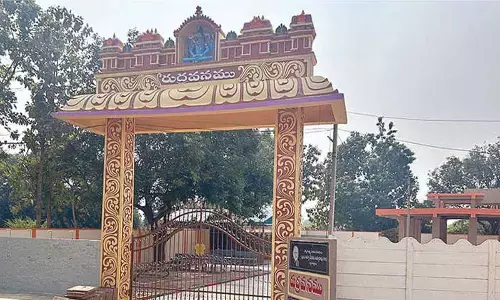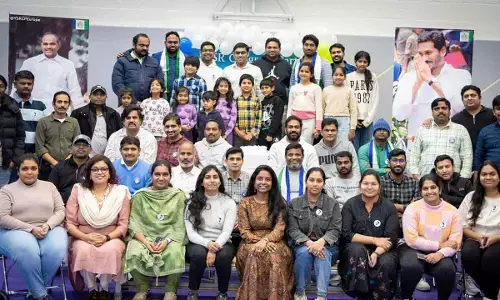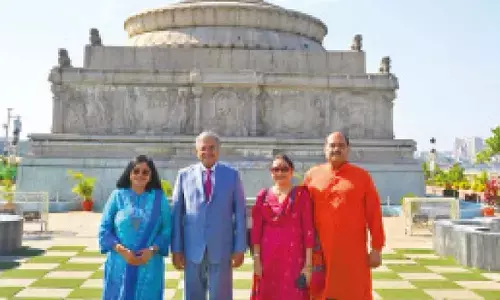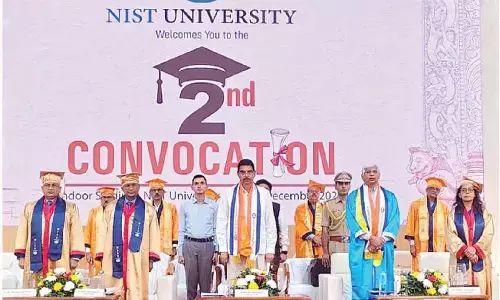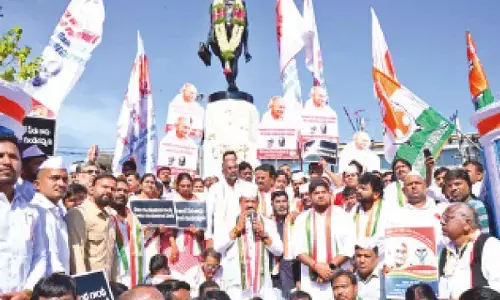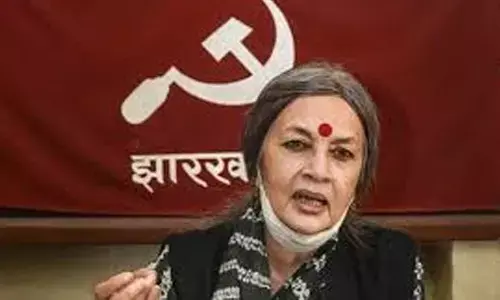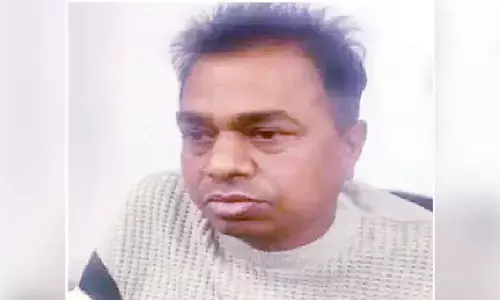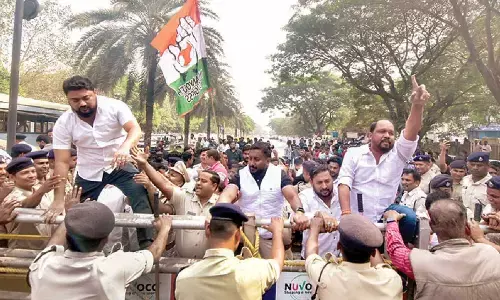No Constitutional provision excludes its applicability in J&K: Supreme Court
Share :
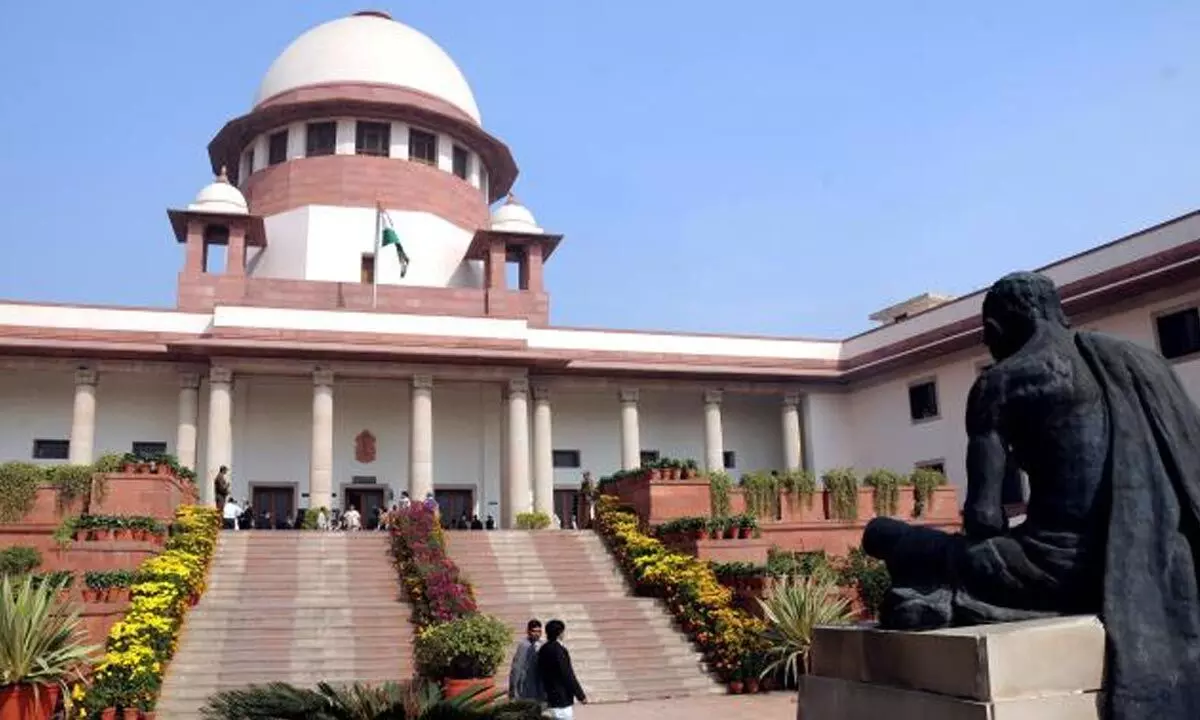
Supreme Court of India
The Constitution Bench of the Supreme Court on Tuesday said that there are no provisions in the Indian Constitution which exclude its applicability to Jammu and Kashmir.
New Delhi: The Constitution Bench of the Supreme Court on Tuesday said that there are no provisions in the Indian Constitution which exclude its applicability to Jammu and Kashmir.
It observed that 'J&K is an integral part of India and surely the jurisdiction of every democratically elected institution in India is not excluded in its application and has to be dealt with a provision of the Constitution'.
Senior advocate Dinesh Dwivedi contended that "the basic theme of Kashmir is entirely different in terms of accession to the Dominion of India and it did not merge like other states".
During the hearing, it was argued that asymmetrical federalism provides for protection against majoritarianism, adding that the Constitution itself is also anti-majoritarianism.
Senior advocate CU Singh, questioned the J&K Reorganisation Act, which downgraded the state into two Union Territories(UTs), arguing that to convert a state into UT a Constitutional amendment is needed under Article 368 which needs special majority and ratification by two-thirds of states.
He said that if states are allowed to be converted into UTs, basic structure is also wiped out.
When the Constitution Bench was about to rise for the day, it said that the petitioners must realise that the bench is reaching a level of "mental saturation", and it would like to hear Centre's response to their contentions.
CJI DY Chandrachud clarified that remaining advocates will get limited time, like 10 minutes, petitioners should close their arguments by tomorrow (Wednesday) afternoon.
Notably, a 5-judge Constitution Bench headed by CJI Chandrachud is hearing a clutch of petitions challenging the 2019 Presidential Order taking away the special status accorded to the erstwhile state of Jammu and Kashmir and its bifurcation into two Union Territories.
The Constitution Bench, also comprising of Justices Sanjay Kishan Kaul, Sanjiv Khanna, B.R. Gavai, and Surya Kant, is hearing the matter consecutively from August 2, except for Mondays and Fridays.
In an affidavit filed before the top court, the Central government has defended the revocation of the special status of Jammu and Kashmir, saying that its decision to dilute Article 370 has brought unprecedented development, progress, security, and stability in the region.







